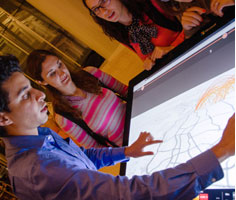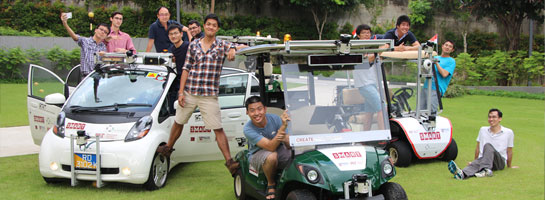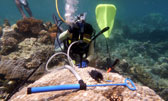





Researchers at the Singapore-MIT Alliance for Research and Technology (SMART) [新加坡-麻省理工学院科研中心] have developed a humanised mouse model that will expedite the search for an efficient therapeutic for dengue infection in the future. This humanised mouse model for dengue is able to capture some of the key features of dengue infection, such as platelet drop (important symptom and indicator of dengue infection in patients), transient decrease in immune cell populations in blood and elevation of liver enzymes (common during viral infections in patients).
Dengue generally affects only humans and specifically uses immune cells for replication. The efforts of finding the right therapeutics has been undermined due to the absence of animal models to validate the human response to the dengue infection and study the disease in a human cell context. Now researchers can use the mouse with human blood cells (humanised mouse) to understand the disease and also validate their dengue therapeutics (vaccine and treatment) before clinical trials.
With this new development by the SMART researchers from the Infectious Diseases Interdisciplinary Research Group (ID IRG), researchers all over the world can now use this humanised mouse model for dengue to test or validate therapeutics, as well as to understand the disease better in the human cell context (i.e. as close as possible to that of the disease in the human body).
See News Release for more.